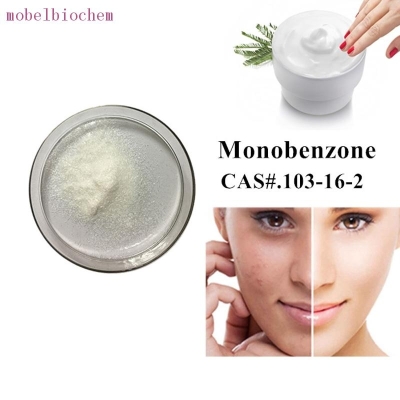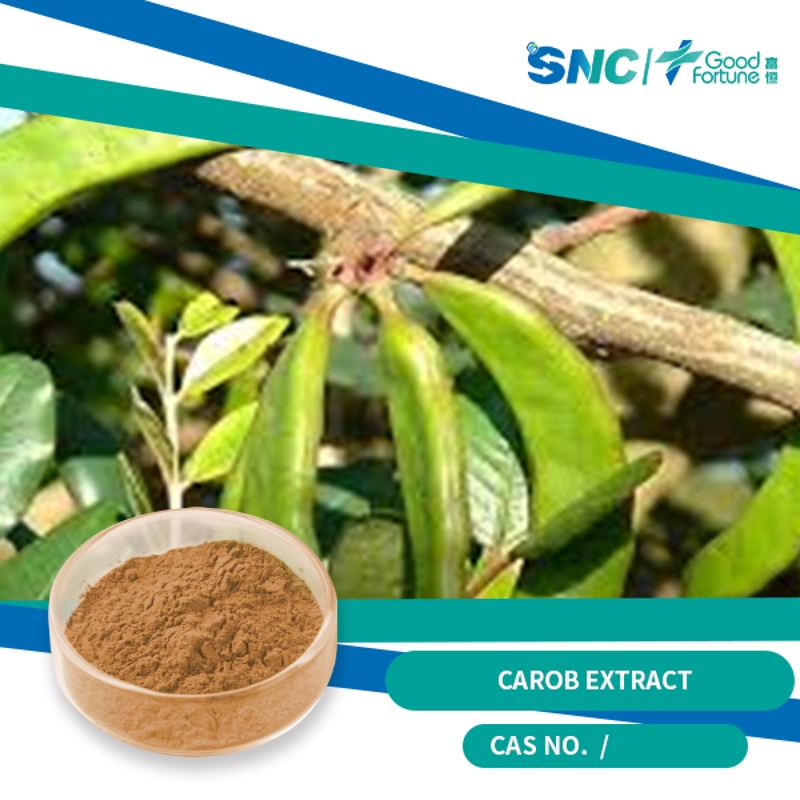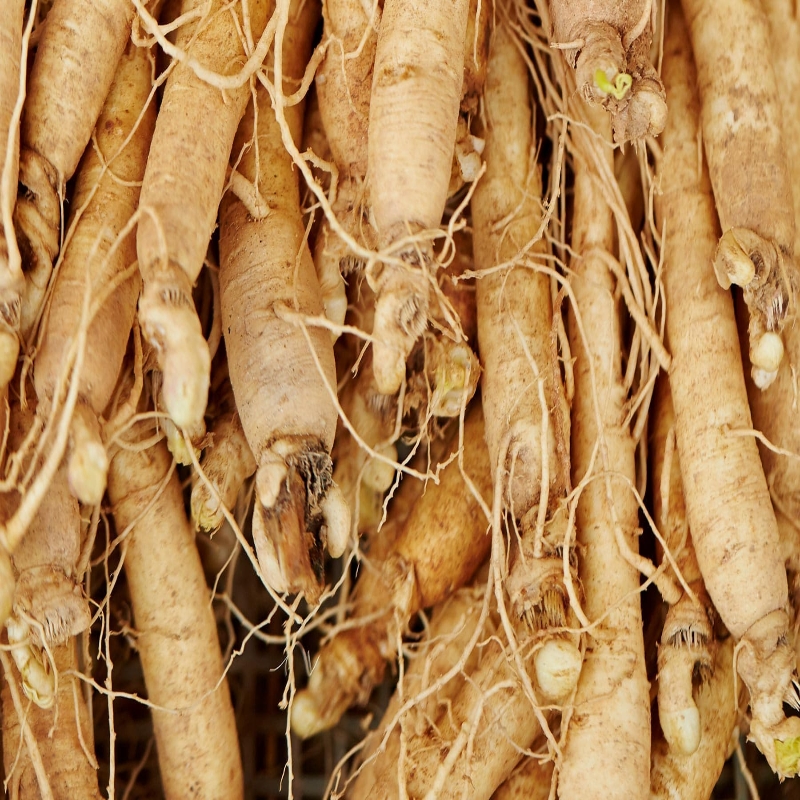-
Categories
-
Pharmaceutical Intermediates
-
Active Pharmaceutical Ingredients
-
Food Additives
- Industrial Coatings
- Agrochemicals
- Dyes and Pigments
- Surfactant
- Flavors and Fragrances
- Chemical Reagents
- Catalyst and Auxiliary
- Natural Products
- Inorganic Chemistry
-
Organic Chemistry
-
Biochemical Engineering
- Analytical Chemistry
-
Cosmetic Ingredient
- Water Treatment Chemical
-
Pharmaceutical Intermediates
Promotion
ECHEMI Mall
Wholesale
Weekly Price
Exhibition
News
-
Trade Service
Coconut is a very important crop for millions of people in tropical countries. With coconut, in vitro culture protocols have been developed with two main objectives, viz. the large scale production of �particular types of coconuts and the international exchange and conservation of coconut germplasm. The methods described in this chapter have been developed in the framework of collaborative activities between research institutes in C�te d’Ivoire and France. Two coconut embryo in vitro collecting protocols have been established, one consisting of storing the disinfected embryos in a KCl solution until they are brought back to the laboratory, where they are re-disinfected and inoculated in vitro under sterile conditions, and the other including in vitro inoculation of the embryos in the field. For international germplasm exchange, zygotic embryos inoculated in vitro in plastic test tubes or endosperm cylinders containing embryos in plastic bags are used. For in vitro culture, embryos are inoculated on semi-solid medium supplemented with sucrose and activated charcoal and placed in the dark, and then transferred to light conditions with the same (solid or liquid) medium once the first true leaf is visible and the root system has started developing.







